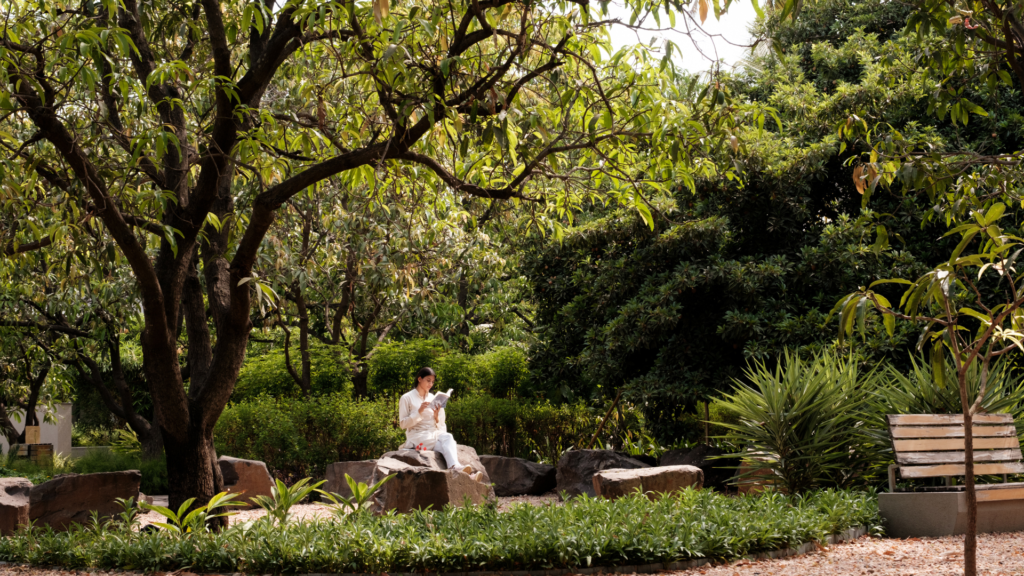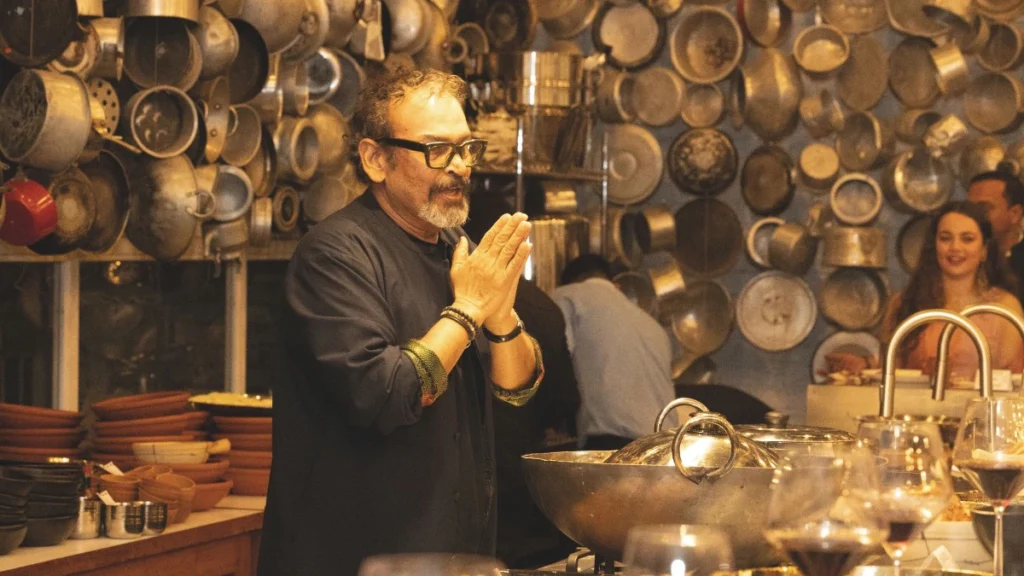As I write these words, forming the stepping stones to who I aspire to bloom into, what hits me at the back of my mind is the wreath of privilege I’ve been handed down over generations past. As a reader, one comes across a plethora of writers, each with their own perspectives, describing to us the ways of the world through an abstract journey of time. In fascination of the endless possibilities of interpretation, one descends on a journey to understand where these writers got their expression from, what kind of a world they lived in, and how the society in their time saw them. “The pen is mightier than the sword” (Edward Bulwer-Lytton:1839), and probably that is why the work of a writer becomes more than just a profession, transcending almost it into a kind of responsibility – the responsibility of inspiring, influencing, and pushing the society towards perspectives of change. A writer’s ultimate role is the attainment of peace and the evolution of society. But is it the writer alone who can carve such a deviation to change the course of history and its interpretation?
As generations pass, these authors who have en-carved history into our lives, become more and more legendary; but who do not get as much concern, are those who take their legacy forward. It is said that no two people ever read the same book; this beautiful variety of thought is exactly what gives new dimensions to old anecdotes. Thus, it becomes integral in today’s world to promote an aesthetic mindset, a certain openness to uninhibited expression. It is only by living life with a certain openness to oneself, that generations of today can really understand the perspectives of yesterday. Not enough emphasis is placed on the study of literature and poetry today, and expression through writing on a personal level is often neglected as leisure. However, it is the experience today’s youth gains, that will teach them to interpret and live the legacy of their forefathers. The need for today is to stop taking lightly those who are stepping toward artfully putting what the eye sees and the heart feels, to paper. Because that is exactly how history is manifested. “The study of a novel, many writers believe, is the study of the society that produces it” (The Sociology of Literature: Theoretical Premises); Studying the roles various writers have played in their societies over time not only tells us about the influence they have had on the culture, but also the ways in which the socio-political scenarios have shaped them and their hunger for bringing about tempestuous changes through their creative means. Many of the elemental ideals characterising the Renaissance, for instance, are reflected in the works of celebrated writers like Dante and Petrarch. These were revolutions that started with a simple idea, supported by thousands of people who believed in the expression of change.
Analysing the shift in perspective various writers offered in their times lets the readers recreate entire dimensions of an age completely different to their own. If given a certain confidence about their own perspective and understanding of the status quo, our generation can live a thousand lives every day, taking from the past and contributing to the future. Not only that, but as those who write themselves, we also learn to recreate the exact feelings and emotions of such writers in a newer and more relevant context, divorced entirely from the foundations of history. This is where our role as a reader comes in, which is as important as the writer’s, because this is how the seeds of aspiration are sown, soon to be reaped as revolutionary ideas transcending time and history itself.




Writting is a gift. Thankyou so much for writing this. Well written
Thank you for reading it 🙂
Thank you for reading it 🙂